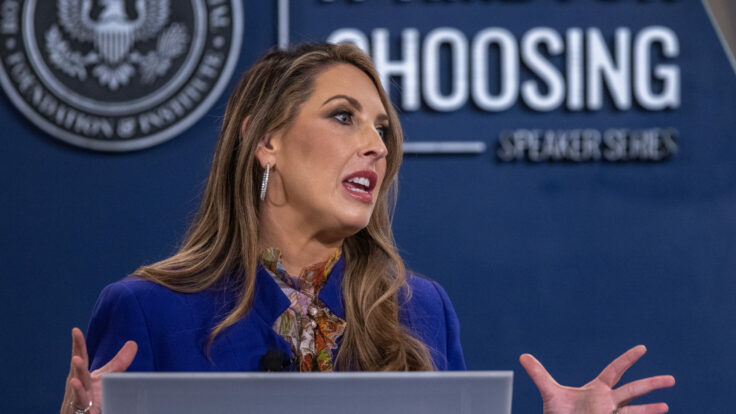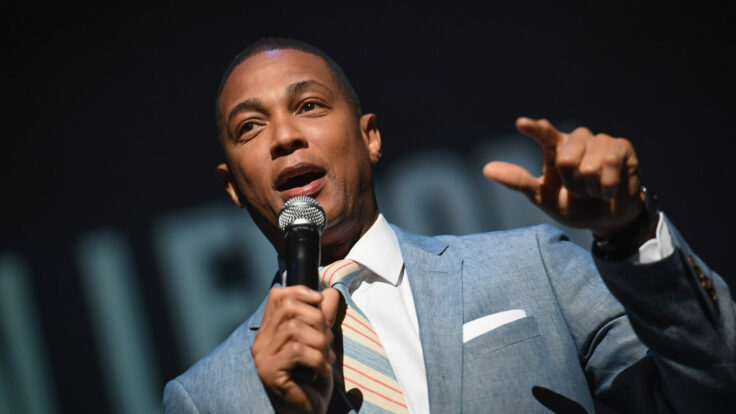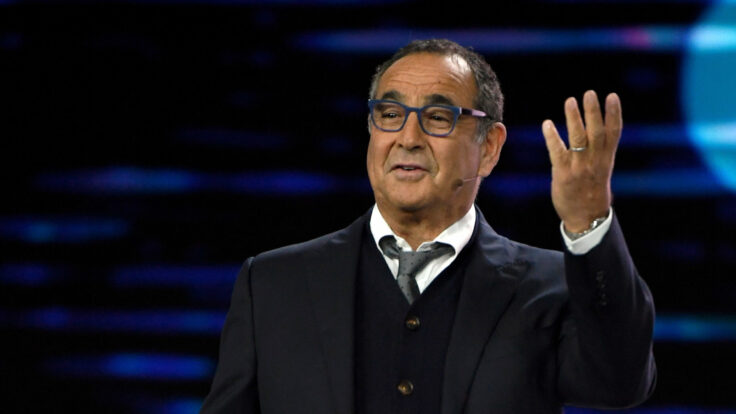In the weeks before the 2020 election, when it was becoming pretty clear even to the most superstitious and traumatized Democrat that Joe Biden was headed for victory, the journalists of #thistown began to worry. People you’ve likely read or heard of or watched were concerned about what a Trump loss would mean for their career. That was the talk of the town. Sure, Donald Trump had been a disaster for the country, but what would they do after he left the White House?
Trump had been the biggest story they had ever covered—and, most likely, would ever cover again. A whole generation of young reporters had cut their teeth and established their reputations chronicling Trump. Many of the women translating Trump to the bewildered country became mini celebrities of the resistance. Some of the men became martyrs—and then leaned all the way in. The older folks made millions writing books that brimmed with sensational and unexpected revelations, like how Trump was an ignorant racist who presided over a violently dysfunctional White House. (Shocking, I know.)

















